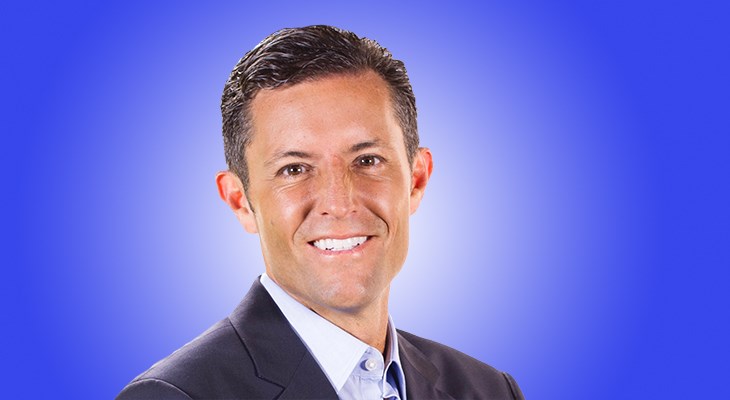When the pandemic struck, Louis Foreman, CEO, Enventys Partners, was concerned that it would erase the crowdfunding momentum that companies had built up. Companies might not want to launch new campaigns, and backers wouldn’t want to back them.
But Foreman says that concern hasn’t manifested. Already Enventys Partners has four campaigns that have raised over $1 million, largely because the products those campaigns back — meditation, home gardening, cooking — resonate with consumers today.
Crowdfunding, in that sense, has been a great way to get market validation.
“In the early days, crowdfunding was a way for entrepreneurs to bootstrap their ideas,” Foreman says. “It was a way to raise undiluted cash for the business and grow their business. But we really look at it as a way to get market validation.”
Crowdfunding enables entrepreneurs to put a product out in front of consumers, who act much like a focus group. But different from a focus group where entrepreneurs primarily learn about intent to purchase, crowdfunding allows the selling to begin on a product that hasn’t yet been made.
“It’s the purest form of market research that you can conduct,” he says. “And based on that approval, based on those sales, now the entrepreneur has the confidence to go out and spend the money to make the product, to distribute the product and grow a company around their product.”
Whenever there’s a great opportunity, Foreman says dollars from somewhere in the market can be found to fund that opportunity. Crowdfunding is one way to do that. But angel investors have recently stepped in, deciding that rather than investing in the stock market where outside panic can dictate valuation, that they’ll instead put that money into businesses where it’s the entrepreneur who is going to decide the value of that business. In that model, some angel investors have found, they’re shielded from being whipsawed by an unexpected market shift.
Foreman, on the Smart Business Dealmakers Podcast, talks about product innovation, raising capital, recent patent activity trends and the commonalities among his 15 clients who appeared on the TV show Shark Tank. Hit play to hear the full conversation.




